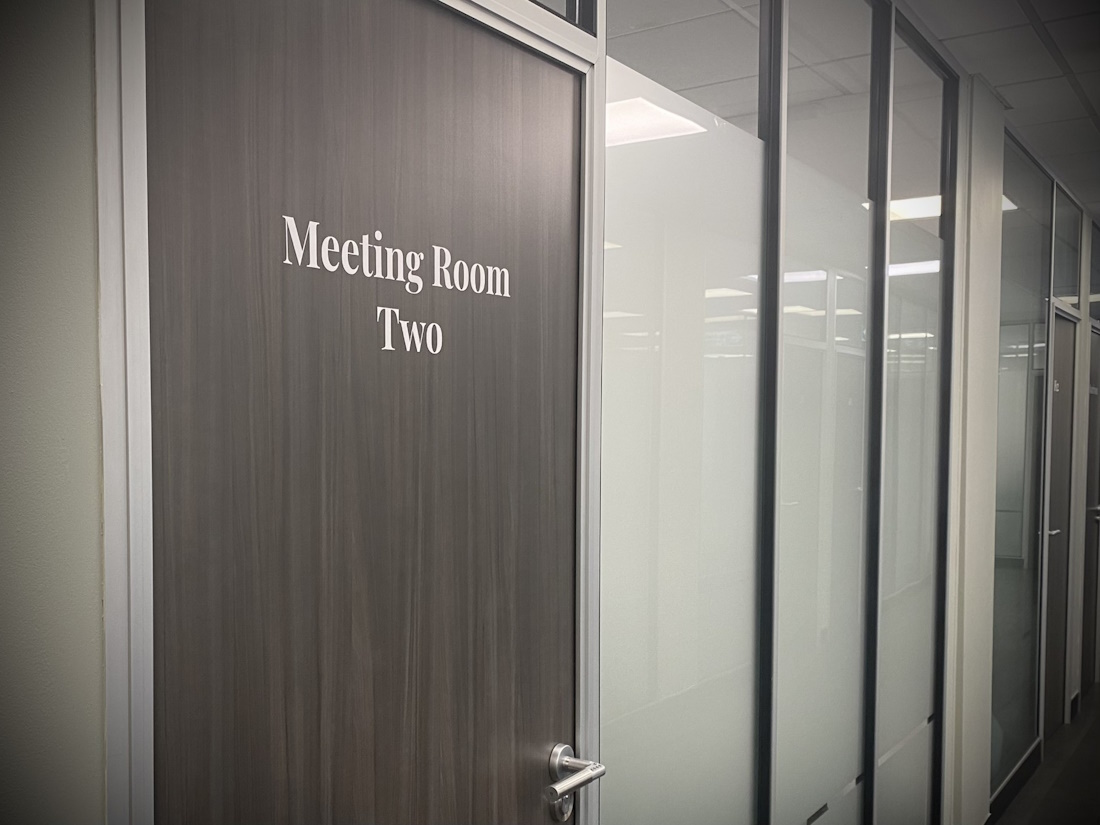What is a Virtual Office?
1. What is a Virtual Office?
2. Key Features of Virtual Offices
3. The History of Virtual Offices
4. Advantages of Renting a Virtual Office
5. Choosing the Right Provider
6. Setting Up a Virtual Office
7. How Much do Virtual Offices Cost?
8. The Future of Virtual Offices
9. Key Takeaways
What is a Virtual Office?
A virtual office is a service that allows organisations to use a business address to receive and forward mail whilst providing administrative services and meeting rooms when necessary. Clients can enjoy the facilities provided in a serviced office building without the need to rent a physical workspace.
Key Features of Virtual Offices
Some of the key features virtual offices provide are:
• A business address – This gives you a permanent business address which can be registered with Companies House. You can then use this as your mailing address on and on marketing material.
• Call forwarding and mail handling - Administrative services such as call forwarding and mail handling are included. This allows businesses working remotely to focus on core operations.

• Access to meeting rooms - Even if working remotely, some meetings may need to be in person. Your provider has bookable meeting rooms available on-site if needed.
The History of Virtual Offices
The concept of a virtual office started in the late 1970s when technological advancements (including ARPANET, the internet’s predecessor) allowed companies to work remotely.
In 1978, Alf Moufarrige founded Servcorp in Sydney. He discovered that he could reduce his overheads by sharing his workspace and admin staff with other startups. This concept was taken internationally in 1980.
The term ‘virtual office’ wasn’t used until 1994 when Ralph Gregory founded The Virtual Office Inc, which offered companies a postal address, call handling services and access to meeting rooms. These quickly gained traction with small businesses and startups, leading to the model we know today.
Advantages of Renting a Virtual Office
Cost-Effective
Virtual offices are a cost-effective alternative to conventional workspaces. You are not paying for physical space or any type of property maintenance, so businesses pay significantly less than a standard office.
Flexible contracts
As with serviced workspaces, virtual offices offer flexible contracts. They can be taken on a monthly rolling contract, which offers complete control for businesses that are uncertain if a virtual space is the right solution.
Improved Business Image
Access to a prestigious address is far more professional than using your home address. This set-up is excellent for improving your business's image and presenting a trustworthy brand.
It also prevents any security issues arising from having your home address published on marketing material or the internet.
Caters to Any Sized Organisation
Virtual offices are suitable for any organisation such as freelancers, SME’s, charities and large corporations.
As mentioned previously, you aren’t renting a physical office space for your employees. Therefore, fluctuations in staff numbers do not affect the services that you are paying for.
Businesses aiming to expand into new markets worldwide can do so remotely.
Hassle-Free Set-Up
Unlike conventional workspaces, virtual ones can be established almost instantly, preventing any downtime.
Become a More Sustainable Business
Virtual offices remove the need for physical space, reducing the need to commute to work. This helps to lower emissions from the use of public transport.
Working remotely minimises your carbon footprint and your environmental impact as an organisation.
Choosing the Right Provider
When choosing the right virtual office provider, it is important to consider the following factors:
Cost
Take the time to compare different providers and look for transparent pricing to avoid unexpected fees.
Similarly, the cheapest virtual office is not always the best option for your business. The price can vary depending on the services offered, so it is important to understand what is included.

Location
Choosing a prestigious address in a reputable location can positively impact your business’s credibility. When evaluating different virtual office providers, it is essential to consider the location and whether they are accessible for future in-person meetings.

Services Offered
Virtual offices can sometimes offer different levels of services.
For example, some providers may not offer meeting room access or may offer smaller meeting rooms than others. Some may offer call answering, whereas others do not.
Reputation
Online reviews are key to finding the right provider. Businesses renting a virtual office are in the best position to share their experiences.
In addition, you may want to look at the provider's experience in the industry and how they deal with similar businesses to yours. Those with a long-standing presence are more likely to respond readily to your needs with strong support systems in place.
Setting Up a Virtual Office
Here are our steps for setting up your Virtual Office.
1. Assess your needs - Do you prefer a certain location, or do you require specific services? Do you have a budget in mind?
2. Research Potential Providers – As we’ve mentioned, choosing the right provider is essential. Provider websites and online reviews will help you to find the right fit for your business. Ensure you compare the pricing and terms from different providers.
3. Visit Possible Locations - Once you have decided on your preferred location, visit the providers. This will give you a feel for the on-site meeting rooms and facilities.

4. Read and Sign Terms – Ensure you have read the terms carefully before you sign. There shouldn’t be any hidden fees or other charges that have not been agreed. The virtual office is yours after you have provided all the necessary documentation.
5. Update Your Marketing Material - You can now register your business at the address. Make sure all your marketing material, including business cards and websites, has been updated.
How Much do Virtual Offices Cost?
The typical cost of a virtual office can start from £20 upwards. The price varies depending on the location you are interested in and the services you are looking for.
Here is a guide to the types of plans that are on offer:
Basic Plans (from £20 to £50 per month):
Services included:
• Business address
• Basic administrative support
• Mail handling

Mid-Tier Plans (from £50 to £100 per month):
Services available:
• Mail forwarding
• Call handling
• Limited meeting room access
Premium Plans (£100 and above per month)
Services included:
• Dedicated phone lines
• Virtual assistants
• Frequent meeting room access
• Extensive administrative support
The Future of Virtual Offices
In recent years, remote working has increased in popularity due to the 'work-from-home' trend set by the pandemic and technological advancements that have facilitated this practice.
As virtual offices aim to keep up with technology, the facilities offered will be significantly upgraded in the future.
• Meeting rooms could see VR and AR integrations, providing interactive environments.

• AI has the potential to offer virtual assistance to businesses and their customers alike.
• Increased cyber security, including biometric authentication, will allow businesses that use on-site facilities to protect their sensitive data.
The popularity of virtual offices is unlikely to dwindle as more businesses move towards fully remote work.
Key Takeaways
• Virtual offices provide organisations with an address for their business and other services, such as phone handling and administrative support.
• Compared to conventional offices, the virtual counterparts are cheaper, making them popular among smaller businesses.
• They help to improve business image, allow companies to grow and offer a hassle-free set-up.
• Technological developments could see VR, AR and AI integrated into virtual office services.